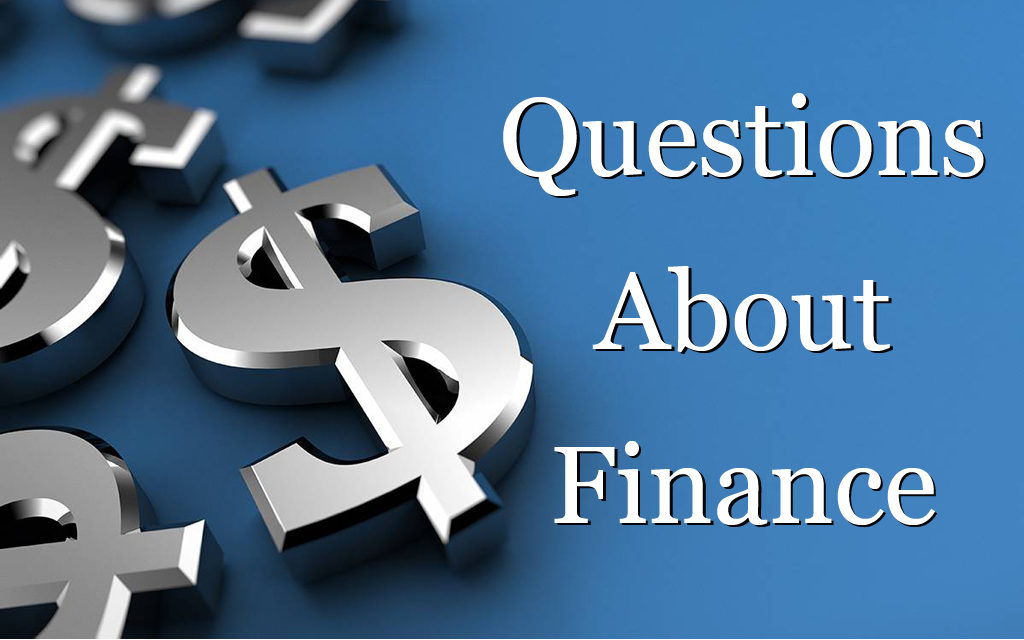by Taylor J. Kovar
Hi Taylor – I’m gearing up to make a real difference with my financial situation in 2025. What are some actionable goals I can set that I might be able to reach so I stay motivated and don’t lose steam? – Cynthia
Hey Cynthia – I love goal-setting season! Coming up with attainable ideas is key, and if you’re ready to hit the ground running on January 1st I think now is the time to start plotting. Let’s throw out some ideas!
- Know your “goal.” Funny thing about goals—you can set a million achievable objectives and still fall short if you don’t know your overall purpose. So, before you declare getting out of debt as the most important thing in your life, consider your real motivation. When you don’t have the debt, will you buy a house? Start a family? Get a credit card with awesome travel rewards and prepare to traverse the globe in 2026? Maybe the idea of being debt-free is enough to make you pay down the credit card balances, but I think you’ll get a little boost from planning out what happens after. You’ll also have a better chance of not sliding right back into debt.
- Cut back on 3 areas of spending. When people make big resolutions for the next year, they usually target glitzy milestones like buying a house or launching a business. There’s nothing wrong with dreaming big, but it’s the small steps that usually lead to those greater moments. Instead of solely focusing on what you’re going to do, set some goals for things you’ll avoid. How about one less streaming service? Maybe cancel one membership and stop buying lunch at restaurants for the month of January. You have complete control over these disciplinary actions, and by proving your commitment to yourself, you’ll have even more confidence when you take on the bigger aspirations.
- Make an investment. Consider starting your investment journey. One of the biggest challenges in investing is the initial step of allocating your money—it often feels like a leap of faith. Even when it seems like the right choice, it can feel intangible or uncertain. Setting a goal to make a small, thoughtful investment early on could be a good way to begin. For example, you might explore buying a few shares of a company you admire, considering bonds, or researching peer-to-peer lending. Starting small can help you avoid overthinking and missing out on the potential benefits of compound interest over time. For instance, making a modest investment, like $500 within the first few months of the new year, could be a helpful way to build confidence and momentum in your financial journey.
If you can make one big change from this year to the next, it’s to be financially proactive. That doesn’t mean you should spend huge sums of money, it just means you just follow through on the ideas you have—research, save, invest, and plan. Once you start doing more, you’ll be less anxious about the things you aren’t doing, and your money will grow. Good luck!




